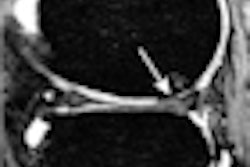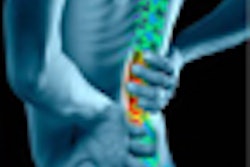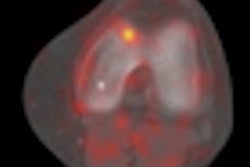Dear MRI Insider,
This edition of the MRI Insider gives you an in-depth look at a fascinating study on the issue of incidental findings discovered during functional MRI studies of healthy individuals.
Researchers at the University of British Columbia in Vancouver discovered that incidental findings can be managed ethically and cost-effectively by screening study participants based on gender, age, and family history. But screening works better with some types of individuals than others. Find out which ones by clicking here.
Also in this issue, international editor Eric Barnes reports from the Computer Assisted Radiology and Surgery (CARS) meeting in Geneva on how computer-aided detection software aids MRI-based herniated disk diagnosis.
From the Annals of Emergency Medicine comes research on the use of cardiac MRI in an emergency department for intermediate- and high-risk patients with chest pain, and how the modality can cut costs and, in some cases, allow patients to return home the same day.
MRI also has proved beneficial in identifying risk factors in patients with subacute knee symptoms that can lead to localized knee osteoarthritis 10 years later. The study, published online in Radiology from researchers at Leiden University Medical Center in the Netherlands, also found that MRI's ability to detect those risk factors did not depend on the surgical treatment of the findings.
In another study from Radiology, researchers found that apparent diffusion coefficient (ADC) maps generated by diffusion-weighted MR imaging (DWI-MRI) scans performed at 3 tesla improve the ability to characterize breast lesions compared to conventional T1-weighted and dynamic contrast-enhanced breast MRI studies. Click here for our story by associate editor Kate Madden Yee.
Keep in touch with the MRI Digital Community on a daily basis to stay informed on the latest news and research reports on MRI.


.fFmgij6Hin.png?auto=compress%2Cformat&fit=crop&h=100&q=70&w=100)





.fFmgij6Hin.png?auto=compress%2Cformat&fit=crop&h=167&q=70&w=250)











